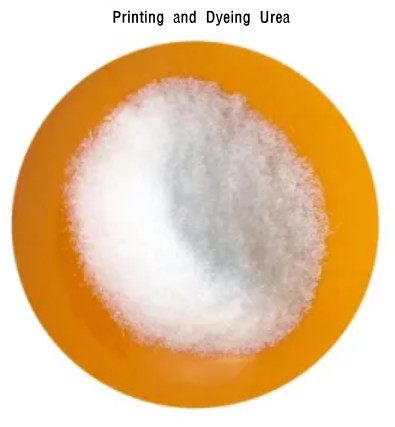 April 6, 2021
April 6, 2021
Urea quotations in the world market fell against the backdrop of the results of the tender in India. Counting on the fact that next time it will be possible to order volumes cheaper, the Indian government allowed the RCF (Rashtriya Chemicals & Fertilizers Ltd. – a Public Sector Undertaking in India under the Ministry of Chemicals and Fertilizers of the Government of India, based in Mumbai) importer to purchase only 800 thousand tons of this fertilizer as part of the March 22 tender, although the suppliers were ready to ship 1.3 million tons. RCF is fourth largest producer of fertilizers in India.
India usually does not order too large a volume of urea in the first tender of the year. Thus, over the past five years, according to the results of the first tender, an average of 600 thousand tons of the product was usually purchased, writes Argus .
Nevertheless, the main reason that the Ministry of Finance limited the volume of purchases is financial. The supply of Chinese urea increased and the trading companies agreed to counter offers from RCF. This means that next time India can order this fertilizer cheaper. The next tender is expected to take place in mid-April.
Against the background of the situation with India, the sentiment of market participants worsened. First, some trading companies still have large volumes, which were bought mainly in China with the expectation of sending them to India following a tender. Finding other markets for Chinese prilled urea will be problematic. Second, buyers around the world are in the mood for lower prices. For example, in Brazil, granulated urea fell in price by an average of $ 11.50 / t during the trading week of March 26 – April 1. At the same time, customers are waiting for further price reductions in order to start purchasing.
China-made urea, both prilled and granulated, also fell in price. The prices for Egyptian urea have also dropped, but not yet so much as to arouse interest among buyers. Product quotations in the Baltic and Black Sea ports also declined, as well as in the Middle East. Thus, we can say that prices in the market have turned down. The question is how large-scale the decline will turn out to be. The prices can be supported by a favorable situation on the agricultural crops market and the shutdown of capacities. Thus, at the end of March, the Saudi producer Sabic unscheduled an unscheduled shutdown of the ammonia and urea production line, which is expected to be idle for about a month.
(Source: RCC.ru – news and reviews of the petrochemical industry)





